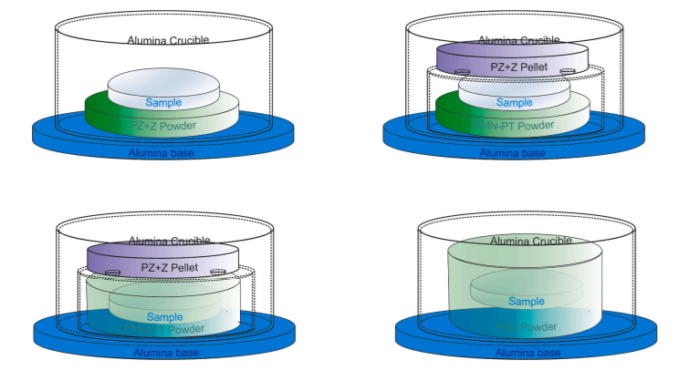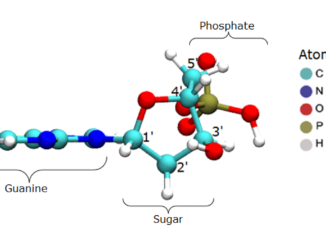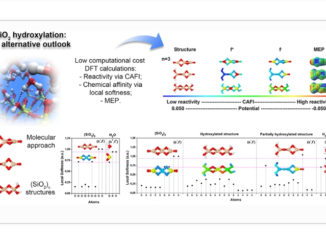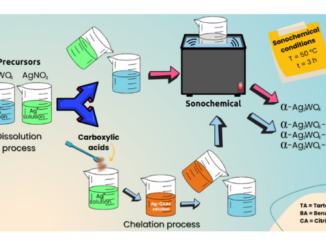
Synthesis and multiferroic properties of particulate composites resulting from combined size effects of the magnetic and ferroelectric phases
Abstract: The effect of grain size was not fully explored in composites containing ferroelectric and magnetic phases including the independent properties of each phase. Aiming to study the dependence of ferroic and multiferroic properties with average grain size in composites this work reports preparation method and electric, magnetic and magnetoelectric properties of particulate composites with distinct combination of grain size of each phase. A new sintering method was applied to prepare a group of samples with distinct configuration of grain size distribution. With this method it was possible to densify ceramics avoiding grain growth using spark plasma sintering. It was observed that the all ferroic and multiferroic properties were correlated with the setup of grain size of each phase in the composite, by example the dependence of magnetic properties with the electric phase grain size. Besides it was noticed that is possible to improve magnetoelectric coefficient by changing grain size of both phase, even inducing the self-biased effect by decreasing the grain size of the ferroelectric phase.
Author(s): Diego Seiti Fukano Viana, Adilson Jesus Aparecido De Oliveira, Korllvary Rhanddy Charles Parra Jimenez, Flavio Paulo Milton, Jos´e Antonio Eiras, Guilherme Maia Santos, Ducinei Garcia.
Ceramics International
48 (2022) 931–940
DOI: https://doi.org/10.1016/j.ceramint.2021.09.177
CDMF
The CDMF, hosted at the Federal University of São Carlos (UFSCar), is one of the Research, Innovation and Dissemination Centers (RIDC) supported by the São Paulo State Research Support Foundation (Fapesp), and also receives investment from the National Council Scientific and Technological Development (CNPq), from the National Institute of Science and Technology of Materials in Nanotechnology (INCTMN).




